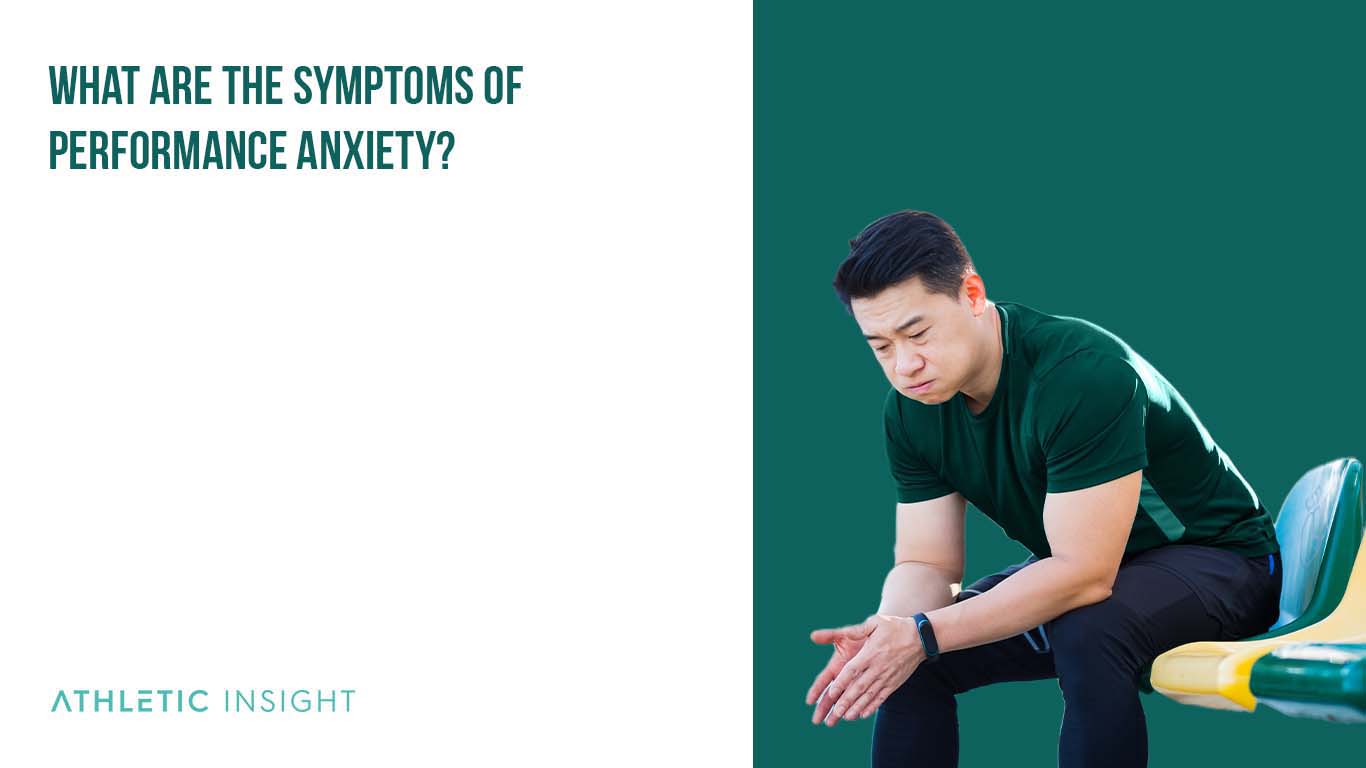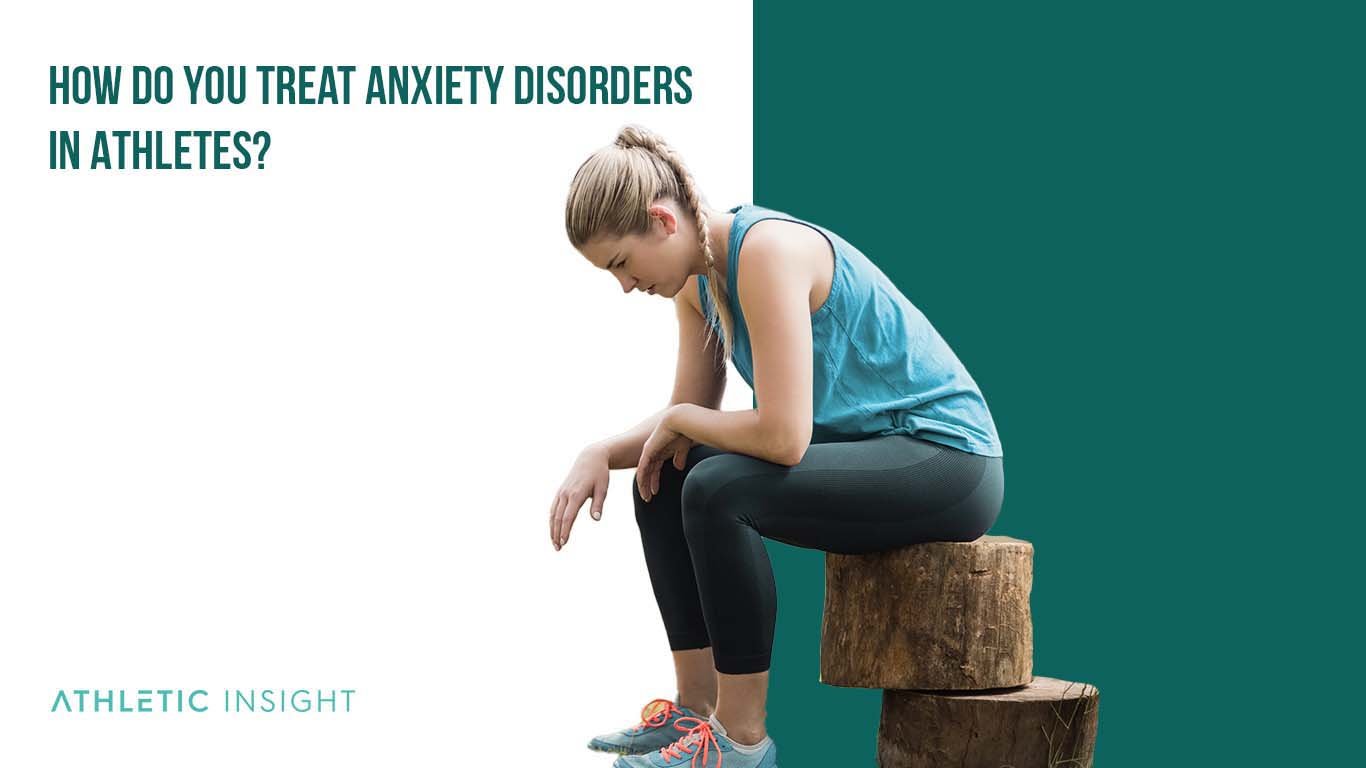Although playing sports seems like the most natural thing in the world for some people, the truth is that it’s all too common to experience a condition called performance anxiety. The phenomenon can be intimidating, precisely because it seems so confusing and personal–but fear not. In this article, we’ll break down what performance anxiety is, the relationship between anxiety and sports, and how to overcome anxiety.
First, we should define performance anxiety. The Mayo Clinic defines anxiety as a persistent and disproportionate feeling of worry about everyday situations. This can entail both generalized feelings of unease, but also bursts of extremely intense anxiety for shorter periods (often called anxiety episodes or anxiety attacks).
Sports-related performance anxiety is a specialized form of anxiety. According to Cornwall High Performance, it occurs when the human body and brain mistakenly recognize the high-stress sports-related situation as an actual danger, triggering the nervous system’s fight-or-flight response. This response can entail both physical and mental symptoms, either of which can disrupt an athlete’s ability to perform.
You can deal with anxiety in sports in many ways, as we’ll outline in this article. Most athletes see relief in their performance anxiety through psychoanalytic therapy, mindfulness, medication, or some combination of the three.
What are the Symptoms of Performance Anxiety?
There are both clear and unclear symptoms of performance anxiety in athletes, ranging from the physical (also called the somatic) to the mental (also called the cognitive).

The mental symptoms of performance anxiety are the most obvious. These include uncontrollable worrying, extreme fixation, catastrophizing, and feeling the uncontrollable urge to avoid an anxiety-inducing situation.
Physical symptoms of anxiety, ironically enough, can be some of the least obvious ones, simply because they’re easily confused with everyday nervousness. These physical symptoms include trembling, excessive sweating, tiredness, increased heart rate, hyperventilation, difficulty sleeping, and gastrointestinal distress.
How to Diagnose Anxiety Disorders in Athletes
Even though it’s intimidating, it’s relatively easy to diagnose anxiety disorders in athletes. Any medical doctor can give such a diagnosis, and many will do so if an athlete describes or displays obvious anxiety symptoms.
In some cases, however, primary care doctors can be hesitant to speak out of their area of expertise. They may advise an athlete to see a therapist or psychiatrist instead. These specialists will ask an athlete to take a screening questionnaire and/or speak with a health professional. This will help to gauge the types and severity of these symptoms and other basic information.
One of the most common diagnoses in these cases is a generalized anxiety disorder. This common disorder is defined as a feeling of extreme worry about generally non-threatening everyday situations. There are other possibilities, so it’s important to consult a medical professional.
Can Psychoanalysis Be Used for Diagnosing Anxiety Disorder?
Psychoanalysis can be an excellent tool for diagnosing and treating anxiety disorders. Psychoanalysis, or psychoanalytic therapy, is an umbrella term for a type of therapy that deals with the relationship between conscious and unconscious thoughts. More specialized psychoanalytic anxiety therapy is especially useful for long-term issues related to self-image and self-understanding. Both are often underlying reasons for sports anxiety, making this form of treatment a perfect fit for some.
Which Sports Cause More Performance Anxiety?
There is no exact science for determining relationships between sports and anxiety because sports performance anxiety is fundamentally related to the person experiencing it.

However, competitive sports, especially Olympic sports, can be particularly significant causes of performance anxiety. This is because there is far greater pressure to perform effectively in these sports, which can lead to athletes putting more pressure on themselves and developing deeper psychological issues.
How Do You Treat Anxiety Disorders in Athletes?
There are many ways to treat athletes with anxiety. For instance, teams or athletic organizations can engage in a variety of activities to introduce a more positive, open culture that alleviates anxiety-triggering situations. Additionally, athletes can engage in any number of anxiety-management techniques, such as mindfulness or progressive muscle relaxation.

In some cases, athletes may opt for psychiatric medication, which is a safe and effective way to treat anxiety that often does not interfere with athletic performance in the slightest.
What Are the Different Methods for Treating Anxiety Disorders in Athletes?
Tools for treating anxiety disorders include the following methods. A method for treating a disorder is a systematic approach to planning or taking action toward a DSM classified disorder.
- Working with a therapist – This entails using talk therapy to address thought patterns or the subconscious roots of performance anxiety.
- Taking prescribed psychiatric medication – This is based on using medication to counteract the chemical imbalances in the brain that produce anxiety.
- Thought work – This is the process of engaging in activities to reduce disordered thoughts, such as meditation or self-reflection.
How Can an Athlete Deal with Anxiety Alone?
It is not necessary to deal with anxiety alone, nor is it particularly advisable. Although it’s tempting to keep one’s problems to oneself, the truth is those unhealthy behaviors can often get worse without some form of intervention, whether from a friend, loved one, or medical professional. For that reason, it’s important to know that athletes are never alone in dealing with anxiety in sports.
That said, there are strategies to mitigate anxiety attacks or anxiety episodes as they’re happening, including deep breathing, progressive muscle relaxation, four-square breathing, or repetitive soothing activities.
Can Performance Anxiety Affect Muscle Growth?
Although performance anxiety seems like it’s just a mental problem, the truth is that it’s physical as well. At its core, as discussed, anxiety is a physical response to a stressful situation, and experiencing this response for long periods harms physical fitness and muscle growth.
For instance, anxiety causes your body to release increased levels of cortisol into your blood, which can both harm your heart health and affect muscle development. Anxiety can also have an indirect effect on muscle growth by inhibiting your inability to sleep: lack of sleep reduces your growth hormone and testosterone levels, making it difficult to grow muscle at all.


